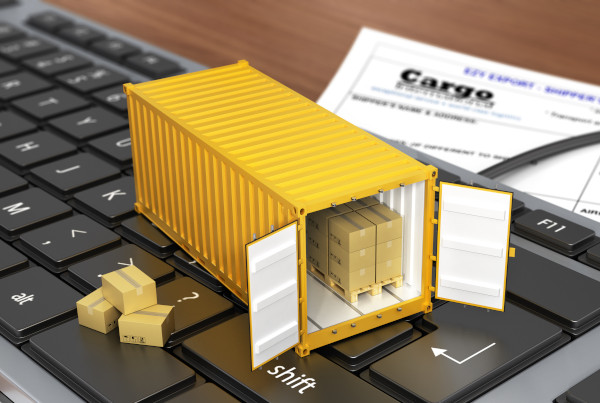
The global Covid-19 pandemic, which has been going on for over a year now, has affected our lives significantly. Many businesses have had to change their way of thinking and working in the wake of the pandemic. Anja Maslonka, Direct Link Germany, talked to Markus Etter, CEO of Swiss freight forwarding provider Nauta, to get some insights on what challenges Nauta has had to face during the past year.
Anja Maslonka: Due to the challenges with Covid, how have you changed your logistics processes?
Markus Etter: Our processes have essentially remained the same. Since our operational processes are handled digitally to a large degree, little has changed here.
However, we have had to adapt to the circumstances in other ways: some customers have not been able to deliver or receive goods for certain periods during the lockdown. For some of these we organised interim storage of their products in our warehouse. We also had to adjust to reduced delivery or pick-up windows, and coordinate transport and scheduling accordingly. We made sure that the truck drivers, as well as our own employees, of course, adhered to the measures prescribed by the government. This has also meant that, for example, we have been allowed fewer drivers to enter our offices simultaneously at our customs border facilities. This has sometimes led to delays in processing.
During the first lockdown in 2020, when we felt the first effects of Covid very strongly, we divided our operational teams – i.e. international truck dispatching, overseas department, our customs offices, and also our warehouse logistics – into groups and had them work in non-overlapping shifts. We introduced working remotely where it made sense and was feasible. During the subsequent lockdowns, however, we were no longer able to divide our teams, as business activity increased again and a reduction in the workload and short-time work were no longer practical.
AM: Are clients asking for different solutions or information than before?
ME: Clients have become more aware of digitalisation and the digital opportunities of collaboration. We have to adapt to the fact that in the traditional forwarding business, work and communication is increasingly digital. For example, this also means a reduction in telephone calls in favour of track-and-trace options. We offer our customers the option of entering their orders on a TMS platform and transmitting them to us. The customer can also track his consignments, download useful consignment data, place his documents there and much more. Customers have been receiving their invoices, accompanying documents and customs receipts electronically for a long time.
We constantly expand our possibilities in this respect. This year we will also link other platforms to our own in order to make entire processes more efficient and transparent. However, the personal support of our customers is still very important, especially prompt communication in case of any deviations in the logistics process that we control.
AM: Do you work differently with digitalisation or marketing now than before Covid?
ME: We’ve partially talked about this above, and we were also using digital marketing before Covid. But especially in the areas of sales and marketing, we are now working more digitally now – e.g. with online events and online meetings and presentations. However, the acquisition of new business is much more difficult if it has to be done online. Without the possibility of physical meetings, non-verbal communication suffers. The latter is just as much a human characteristic as verbal communication and should not be underestimated. Although most of us are missing the personal and vivid conversations, we have to continue thriving in this digital landscape and develop it further.
